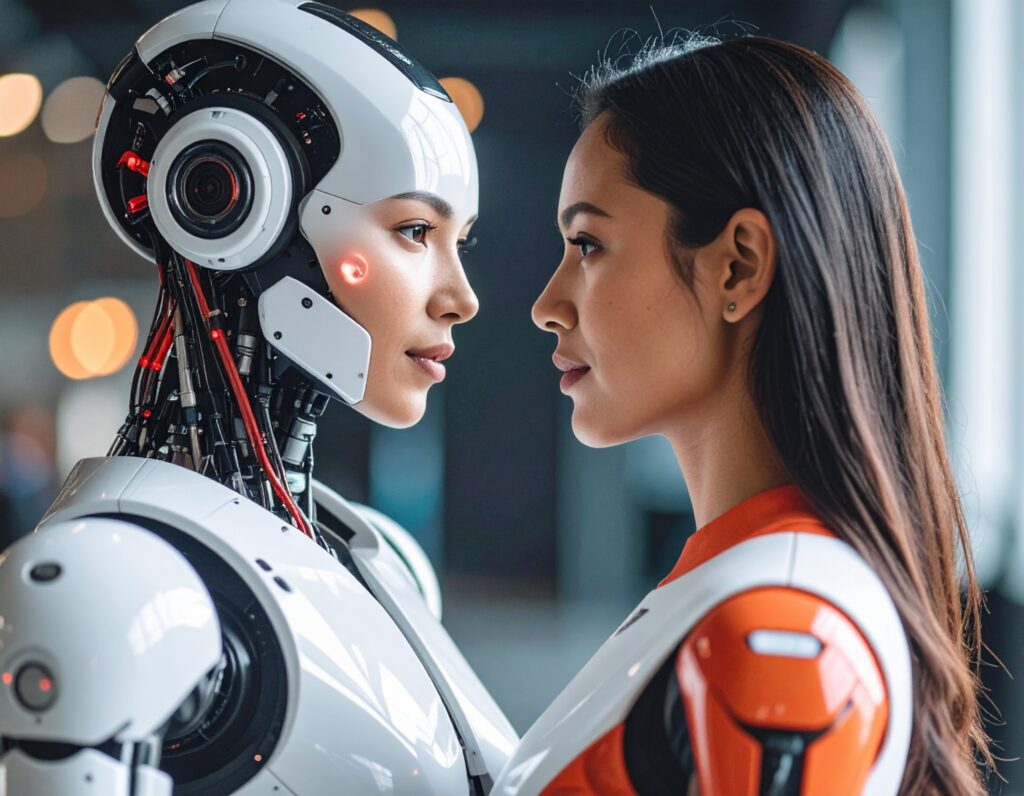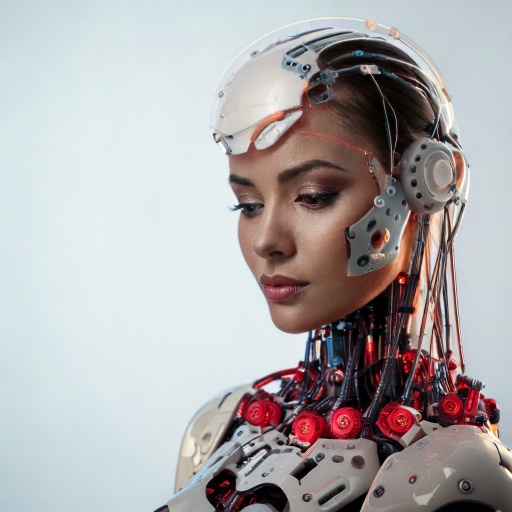The Future of Surgery: AI Employees to Perform Operations Within a Decade

Robotic Surgeons on the Horizon
In a groundbreaking development reported in 2025, experts predict that within the next ten years, AI employees and robotic systems will be capable of performing surgeries on humans independently. This marks a significant leap from current medical practices, where robots assist human surgeons but do not operate autonomously. The rise of these non-human workers in healthcare promises to transform surgical procedures by increasing precision and reducing the risks associated with human error.
The Role of Voice AI Agents and Robotics in Medicine
Currently, Voice AI agents help with tasks like patient monitoring and communication in hospitals. Meanwhile, robotic systems handle delicate surgical tasks under the supervision of human surgeons. However, advances in AI technology are rapidly enhancing these systems’ decision-making abilities. The integration of AI employees into surgical teams means that robots could soon take on more complex responsibilities, potentially leading entire operations. This shift could improve access to expert surgical care, especially in regions with limited medical resources.

Challenges and the Path Forward
Despite the promising outlook, several hurdles remain before robotic surgeons can fully replace human operators. Safety regulations, clinical trials, and ethical considerations must be addressed to ensure that AI employees perform surgeries reliably and safely. Experts estimate that by 2035, with continued innovation and regulatory approval, non-human workers will become a standard part of operating rooms worldwide. This trend highlights the growing role of AI employees and automation across multiple industries.
Key Highlights:
- AI employees and robotic surgeons expected to perform human surgeries by 2035.
- Voice AI agents already support patient care and communication.
- Current robotic surgery is supervised; future systems will operate autonomously.
- Increased surgical precision and expanded healthcare access are major benefits.
- Regulatory and safety challenges must be overcome before full adoption.
Reference:
https://mezha.media/en/news/robot-can-perform-surgery-on-people-in-10-years-303303/amp/


